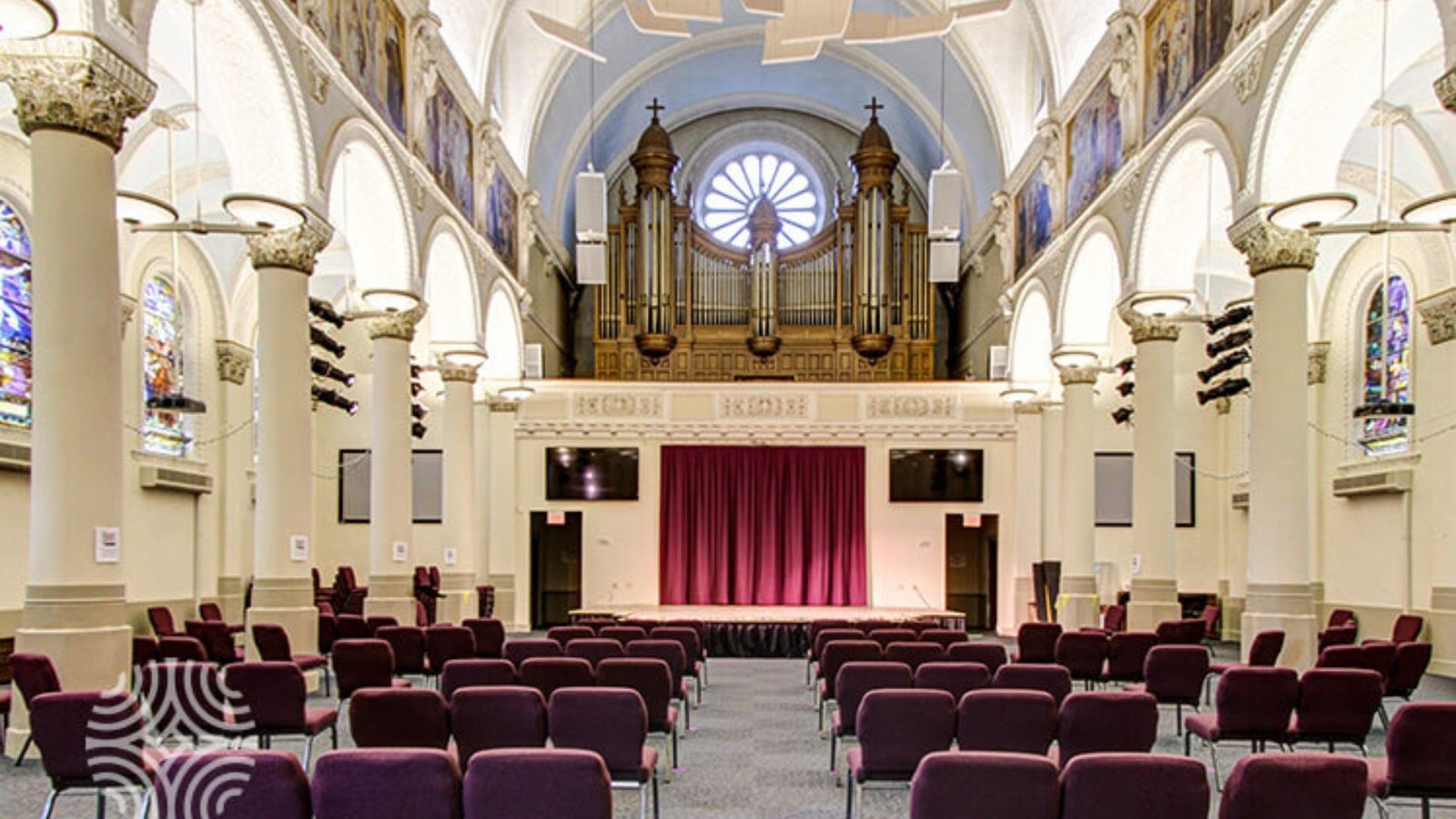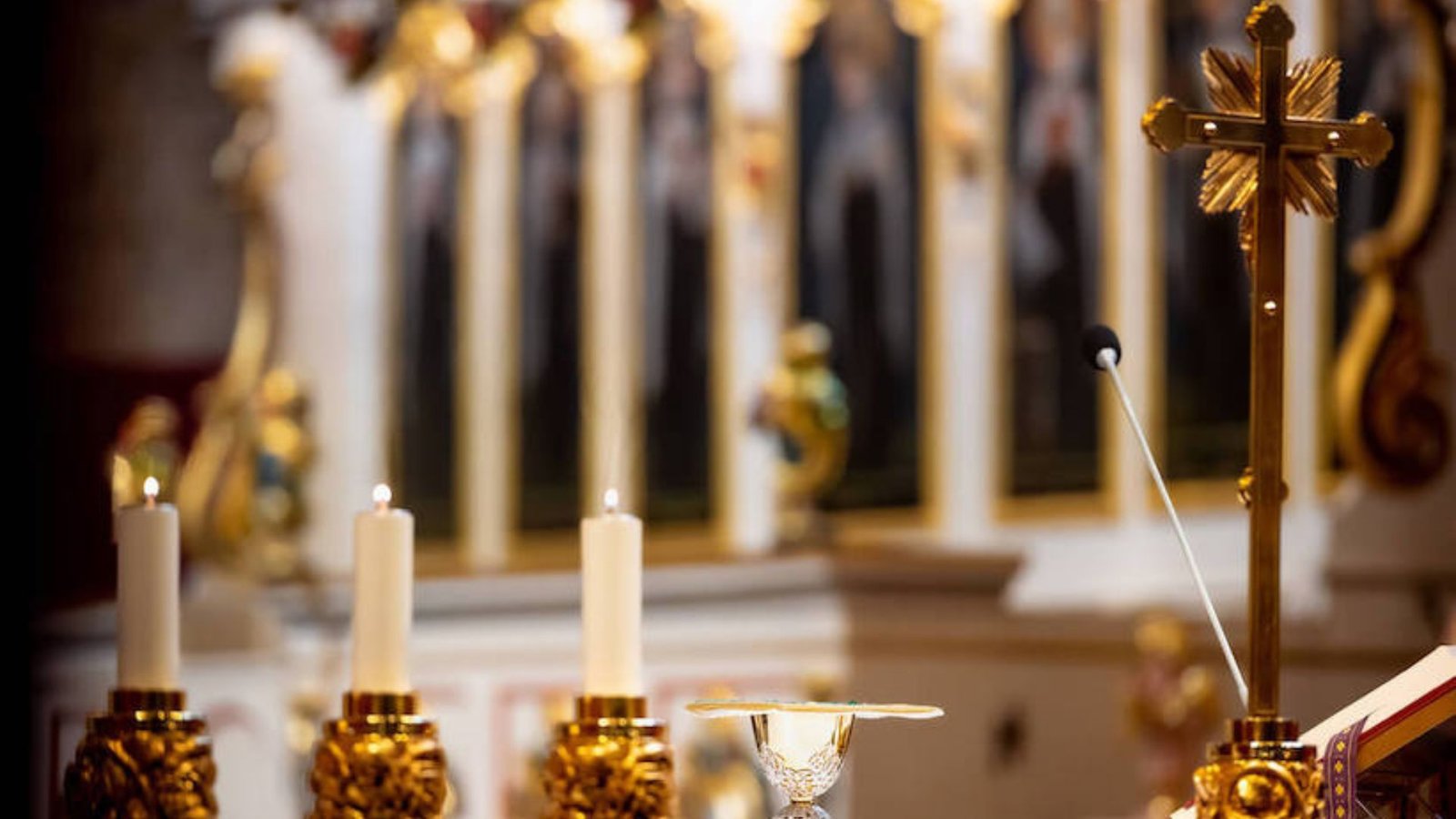Choosing between non-denominational churches and traditional denominations can be a significant decision for many Christians. Each offers distinct features and approaches to worship, community, and theology. Understanding the differences can help you make an informed choice about where to worship and grow in your faith. Here’s a comparison of non-denominational churches and traditional denominations.

Worship Styles and Practices
Non-Denominational Churches: One of the main features of non-denominational churches is their flexibility in worship styles. These churches often offer contemporary music, informal settings, and innovative worship practices. The focus is typically on creating a relevant and engaging worship experience that resonates with a broad audience.
Traditional Denominations: In contrast, traditional denominations often adhere to established liturgies and worship practices. This may include hymns, structured services, and formal rituals. The worship style can be more consistent and rooted in historical traditions, reflecting the denomination’s heritage and theological emphasis.
Theological Perspectives
Non-Denominational Churches: Non-denominational churches generally emphasize a more personalized and adaptable approach to theology. They often focus on core Christian beliefs and Biblical teachings without being tied to specific doctrinal traditions. This can lead to a more flexible interpretation of Scripture and a focus on practical, everyday applications of faith.
Traditional Denominations: Traditional denominations typically have well-defined theological frameworks and doctrinal statements. These churches follow specific creeds, confessions, or catechisms that shape their teaching and practices. This structured approach can provide clarity and continuity in theological education and worship.
Community and Structure
Non-Denominational Churches: Non-denominational churches often have a more informal and less hierarchical structure. Leadership may be more collaborative, with an emphasis on building a close-knit community. The absence of a formal denominational hierarchy allows for greater flexibility in decision-making and ministry activities.
Traditional Denominations: Traditional denominations usually have a more formal structure with established leadership roles and organizational hierarchy. This structure can include regional or national bodies that oversee local congregations. The formal governance can provide stability and continuity but may also limit local autonomy.
Emphasis on Tradition and Innovation
Non-Denominational Churches: These churches often emphasize innovation and adaptability. They are typically open to new ideas and approaches in worship and ministry, aiming to stay relevant in a rapidly changing cultural landscape. This flexibility allows them to address contemporary issues and engage with modern audiences.
Traditional Denominations: Traditional denominations place a strong emphasis on preserving historical practices and doctrines. They often maintain a deep respect for their historical roots and established traditions. This emphasis on tradition can provide a sense of continuity and connection to the broader historical Christian faith.
Community Outreach and Involvement
Non-Denominational Churches: Non-denominational churches often focus on community outreach and involvement, seeking to address immediate needs and engage with diverse groups. They may offer a range of service projects, community events, and social programs designed to meet local needs and foster connection.
Traditional Denominations: Traditional denominations also engage in community outreach but may do so through established programs and institutional frameworks. Their outreach efforts are often guided by long-standing traditions and denominational missions, which can provide a structured approach to service and charity.
Personal Spiritual Growth
Non-Denominational Churches: These churches typically prioritize personal spiritual growth and individual faith journeys. They often offer opportunities for personal development through small groups, Bible studies, and practical teaching. The focus is on helping individuals grow in their faith and apply it to their daily lives.
Traditional Denominations: Traditional denominations also emphasize personal spiritual growth but may do so within the context of established traditions and practices. They often provide structured programs for Bible study, discipleship, and spiritual formation that align with their doctrinal teachings.
Conclusion
In summary, the choice between non-denominational churches and traditional denominations involves considering various factors, including worship styles, theological perspectives, community structure, emphasis on tradition or innovation, community outreach, and personal spiritual growth. Non-denominational churches offer flexibility, innovation, and a focus on personal faith, while traditional denominations provide structured, historically rooted practices and a sense of continuity with the broader Christian tradition. Understanding these differences can help you find a church that aligns with your values, worship preferences, and spiritual needs.









